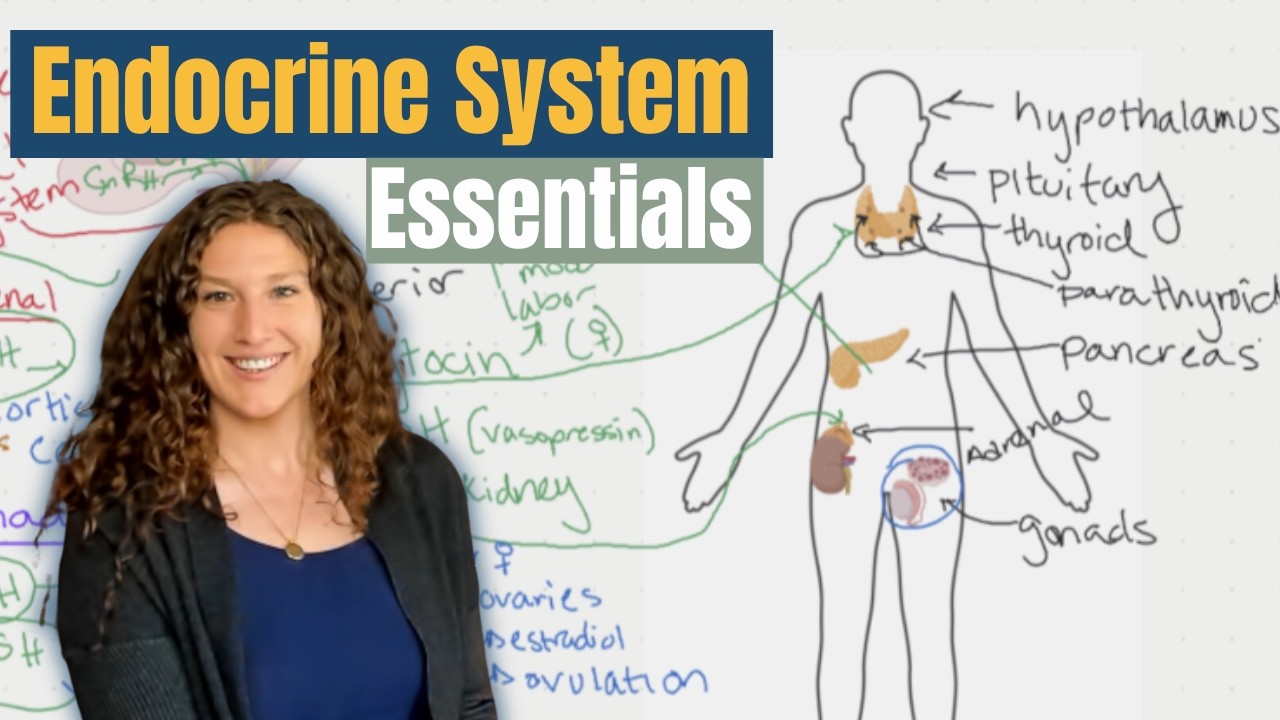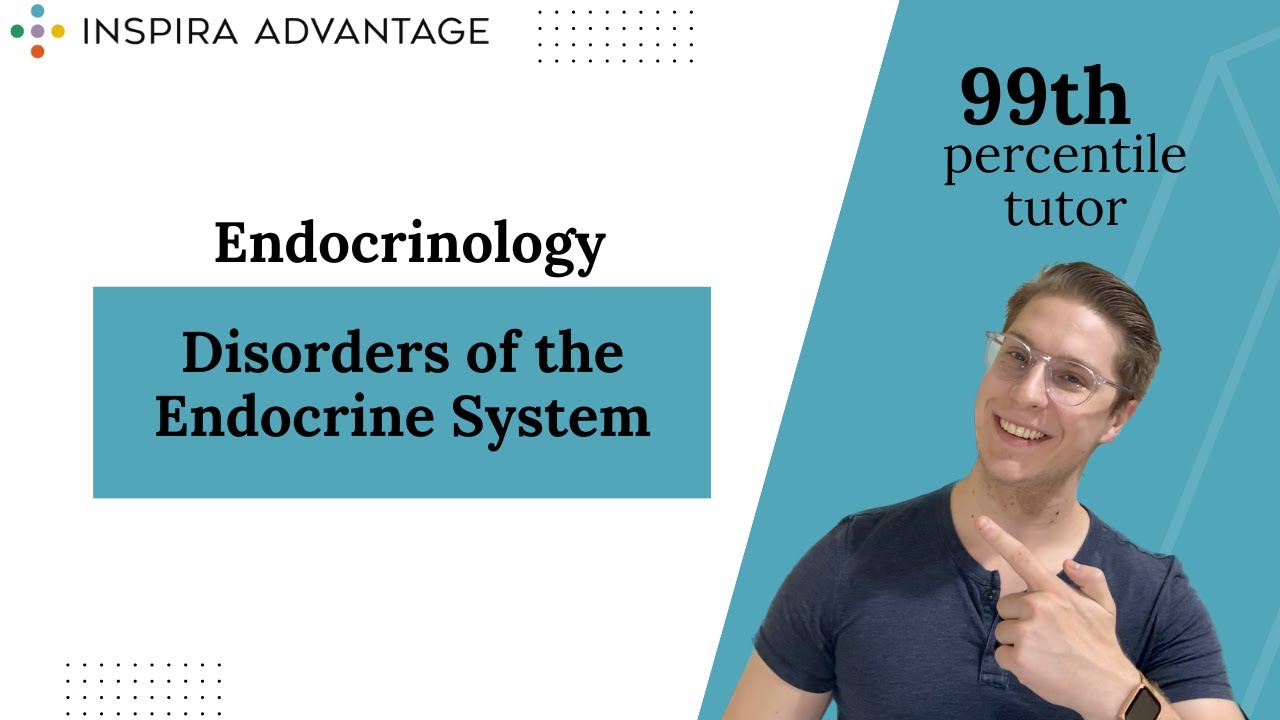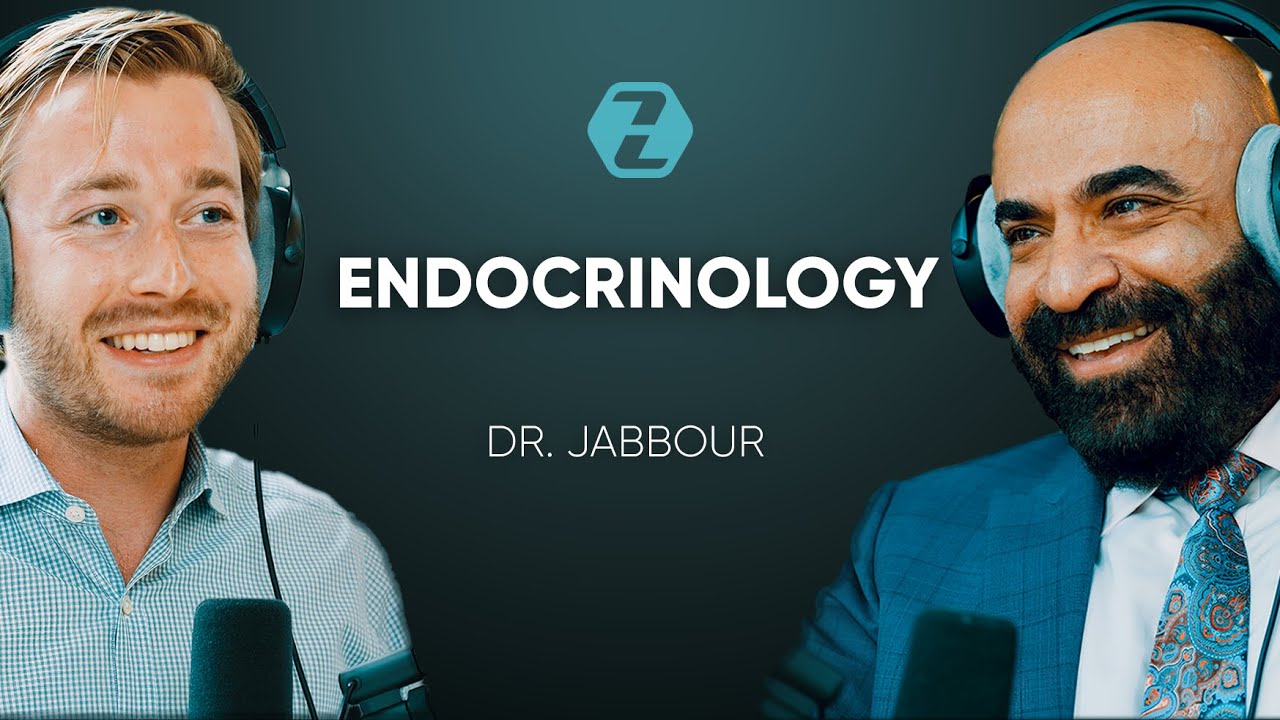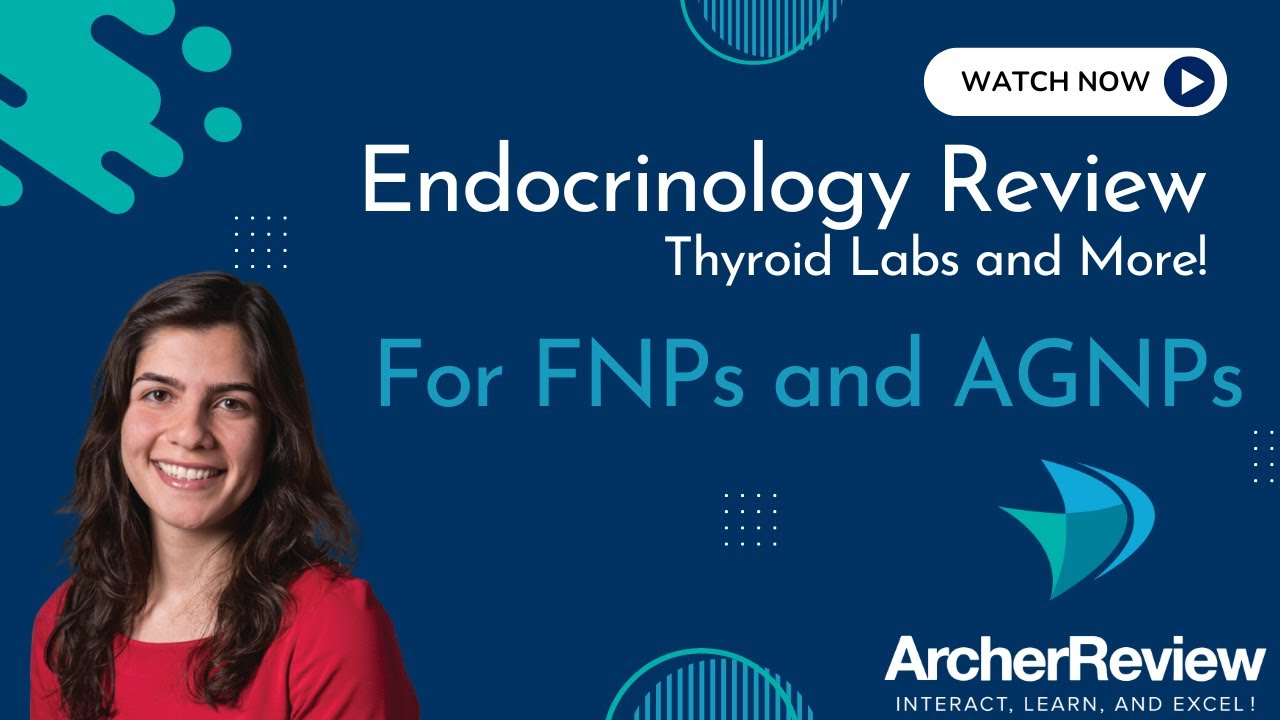New test simplifies detection of Turner syndrome
Reuters Health • The Doctor's Channel Daily Newscast
“I am a Pediatric Endocrinologist and became very frustrated seeing young ladies first referred for the evaluation and treatment of Turner syndrome in their mid to late teenage years and said ‘we need to find a way to keep this from happening,’” Dr. Scott A. Rivkees from Yale University School of Medicine, New Haven, Connecticut told Reuters Health by email.
“The outcome of this frustration is the development of a new test that when implemented will allow us to put the delayed diagnosis of Turner syndrome behind us for the benefit of these individuals.”
The researchers developed a quantitative, high-throughput test for Turner syndrome and validated the test in a study of 132 females without Turner syndrome and 74 females with Turner syndrome.
Dr. Rivkees and 4 of the other 6 authors are equity holders in JS Genetics, which licensed the test technology from Yale University.
The test uses 18 informative single nucleotide polymorphisms (SNPs) that span the X chromosome and 1 marker for detection of Y-chromosome material.
All 132 females with karyotype-confirmed 46XX genotype had at least 2 heterozygous markers, but 4 had out-of-range relative allele strength (RAS) values, resulting in a 3.03% false-positive rate.
For the 74 females with Turner syndrome and known karyotypes, 71 tested positive: 35 samples were homozygous for all 18 markers (confirming the presence of one X chromosome) and 36 had at least one out-of-range RAS value. This translated into a 4.0% false-negative rate.
An additional 16 individuals with clinically-confirmed Turner syndrome diagnosed by karyotype had testing of buccal swab samples. All 16 tested positive, elevating the overall Turner syndrome detection rate to 97.8%.
Including 19 females without Turner syndrome who were tested, buccal swab testing was 97.1% sensitive and 84.2% specific for detecting Turner syndrome.
“It is currently recommended by experts in the field that all girls less than the 5th percentile for height be tested for Turner syndrome,” Dr. Rivkees explained. “Unfortunately, this does not occur, in part based on lack of awareness about the diagnosis and the cost of the karyotype. “By testing for Turner syndrome using our test, that only requires a cheek-swab that takes a few seconds to obtain and does not involve a blood test, it is now practical for care providers to test girls for Turner syndrome. As such, the penalty of delayed diagnosis can be avoided.”
According to JS Genetics’ website, “Our approach, which involves PCR-based pyrosequencing technology using patient samples from a cheek swab, reduces our internal cost, and allows us to offer our product at a 50%-60% discount in price from the Karyotype (~$2200), the current definitive test for Turner syndrome. We believe that this lower price point, along with the convenience of using a cheek swab instead of drawing blood, will make our diagnostic test the best screening option for Turner syndrome.”
J Clin Endocrinol Metab March 2011.






